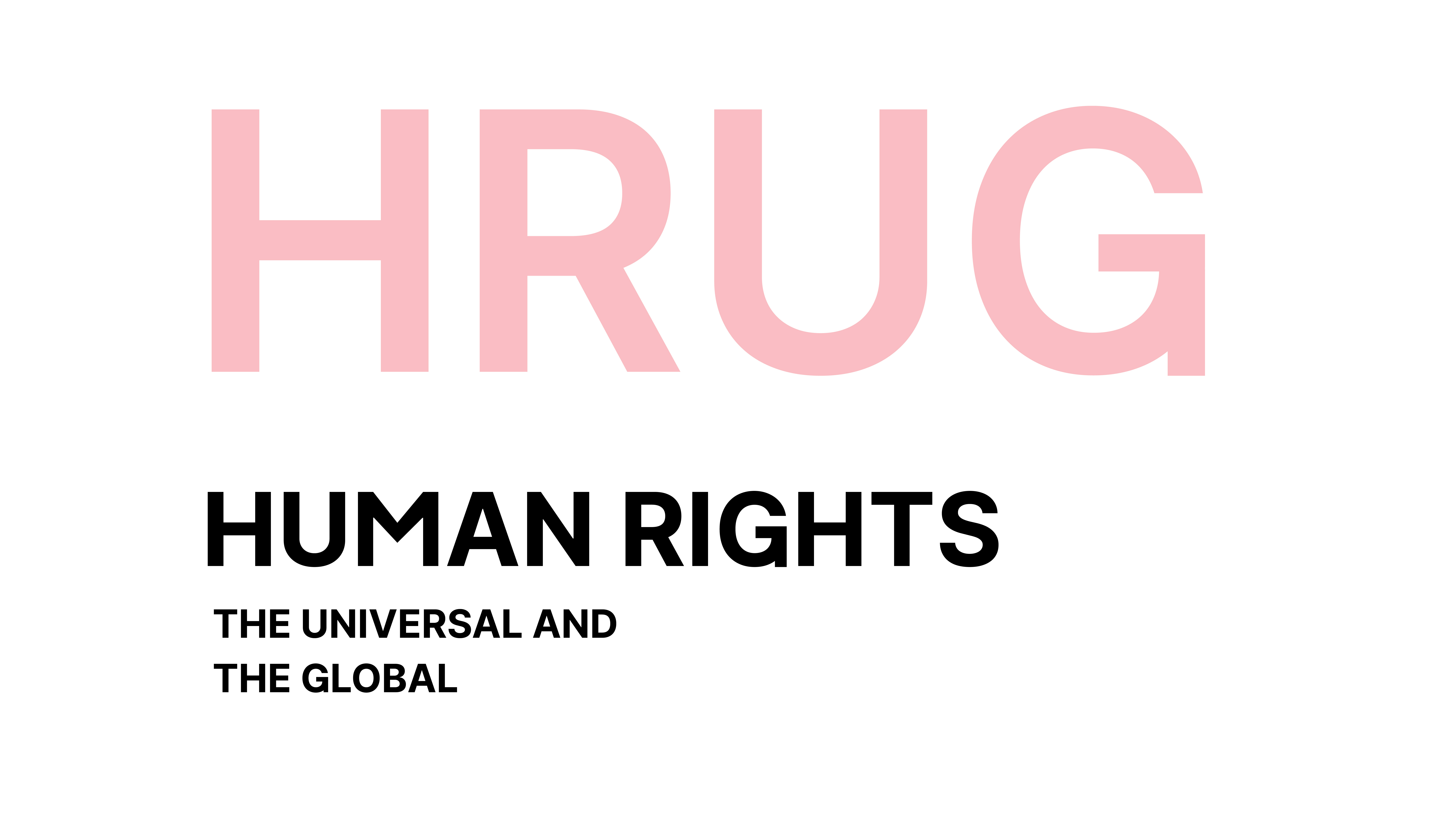From January 22 to February 2, 2024, the 45th session of the Universal Periodic Review (UPR) Working Group of the United Nations Human Rights Council was held in Geneva, Switzerland. During the session, Prof. Mao Junxiang, Executive Director of the CSU Human Rights Center, along with the delegation of the China Society for Human Rights Studies, attended the UPR session of the United Nations Human Rights Council in Geneva and the related side events. The team, organized by Prof. Mau Junxiang, also tracked the progress of the session and publish real-time information about the session on the WeChat official account “CSU Human Rights”, and carried out a series of work such as popularization of the Human Rights Council in the context of the UPR. The team of the CSU Human Rights Center has successfully finished the activities of visiting and reporting on the Universal Periodic Review of the Human Rights Council.
- Professor Mao Junxiang Participated in the UPR Session of the UN and Related Side Events
On 21 January local time, Professor Mao Junxiang, Executive Director of the CSU Human Rights Center, was interviewed by China News Service. He pointed out that since the last review, the Chinese government has accepted 284 of the 346 recommendations made by States participating in the third cycle of the UPR, continuously improved the legislation and system of human rights protection, and pushed forward historic achievements in the protection of civil, political, economic, social and cultural rights. He hoped that through this review, the international community would gain a more objective and comprehensive understanding of China’s efforts, achievements, difficulties and challenges in advancing the cause of human rights, and he also hoped that through sincere dialogue, States would share with each other their experiences in advancing the cause of global human rights.
On the morning of the 23rd, Prof Mao Junxiang accompanied the delegation of the China Society for Human Rights Studies to observe the meeting of the Working Group on the Universal Periodic Review (UPR) of the UN Human Rights Council to review China’s report at the Palais des Nations in Geneva. After the meeting, Prof Mao Junxiang was interviewed by China News Service at the Palais des Nations about the review. He said that during the review, the Chinese government comprehensively and objectively introduced to the international community the progress and achievements of China’s human rights cause since the last review, as well as the challenges encountered. The vast majority of States had affirmed and appreciated China’s human rights achievements, and many States hoped that China would share its experience, which showed that the international community highly recognized the achievements and development of China’s human rights cause.

On the afternoon of 23rd, Prof Mao Junxiang, together with the delegation of China Society for Human Rights Studies, exchanged views with Patricia Varela, Assistant to the Special Rapporteur on Extreme Poverty and Human Rights of the United Nations Human Rights Council, on the issue of poverty alleviation and human rights protection in China. During the meeting, Prof Mao Junxiang pointed out that China’s poverty alleviation and rural revitalization embodies the concept that the right to life and the right to development are the first and foremost basic human rights; China’s poverty alleviation and rural revitalization not only increase the economic income of the poor people and improve their living and development environment, but also provide comprehensive protection of human rights, i.e., to promote the coordinated development of the poor people’s economic, social, cultural, political and ecological rights, which is in full conformity with the United Nations Declaration on the indivisibility and interrelatedness of all human rights. Patricia Varela responded positively to Prof Mao Junxiang’s presentation and views.
On the 24th, the China Society for Human Rights Studies hosted a side event on ‘Chinese Modernization and Human Rights Protection’, in which Prof Mao Junxiang participated and delivered a keynote speech. He said that some Western countries believe that their human rights concepts and institutional models are universally applicable. However, it has been proved that this understanding that human rights universality is equal to the universality of human rights models is wrong. Against the backdrop of unprecedented changes and the epidemic of the century, China’s ‘Global Security Initiative’, ‘Global Development Initiative’ and ‘Global Civilization Initiative’ are in line with the demands of the international human rights cause. The three initiatives promote the development of the international human rights cause. Guests from Switzerland, Turkey, Bangladesh, Cameroon and other countries, as well as representatives from various social organizations, interacted with the experts.

On 26 June, the session of the Human Rights Council on the review of the recommendations in the draft report of the Working Group on the Universal Periodic Review of Saudi Arabia, Senegal, China, Nigeria and Mauritius was held at the Palais des Nations. Professor Mao Junxiang accompanied the China Society for Human Rights Studies and other domestic NGOs to observe the afternoon session.
- The Team of the CSU Human Rights Center Followed the Proceedings of the Session and Carried Out Related Public Awareness Activities
During this session, the team of the Human Rights Center launched a series of articles titled ‘45th Session of the Universal Periodic Review’ and ‘Essays on UPR’ on the WeChat public account, updating in real time the relevant developments of the 45th session of the Universal Periodic Review (UPR) Working Group of the UN Human Rights Council. As of 29th January. The team has completed and published 13 articles, some of which have been forwarded by other WeChat public accounts such as ‘Renzhiyan’.

